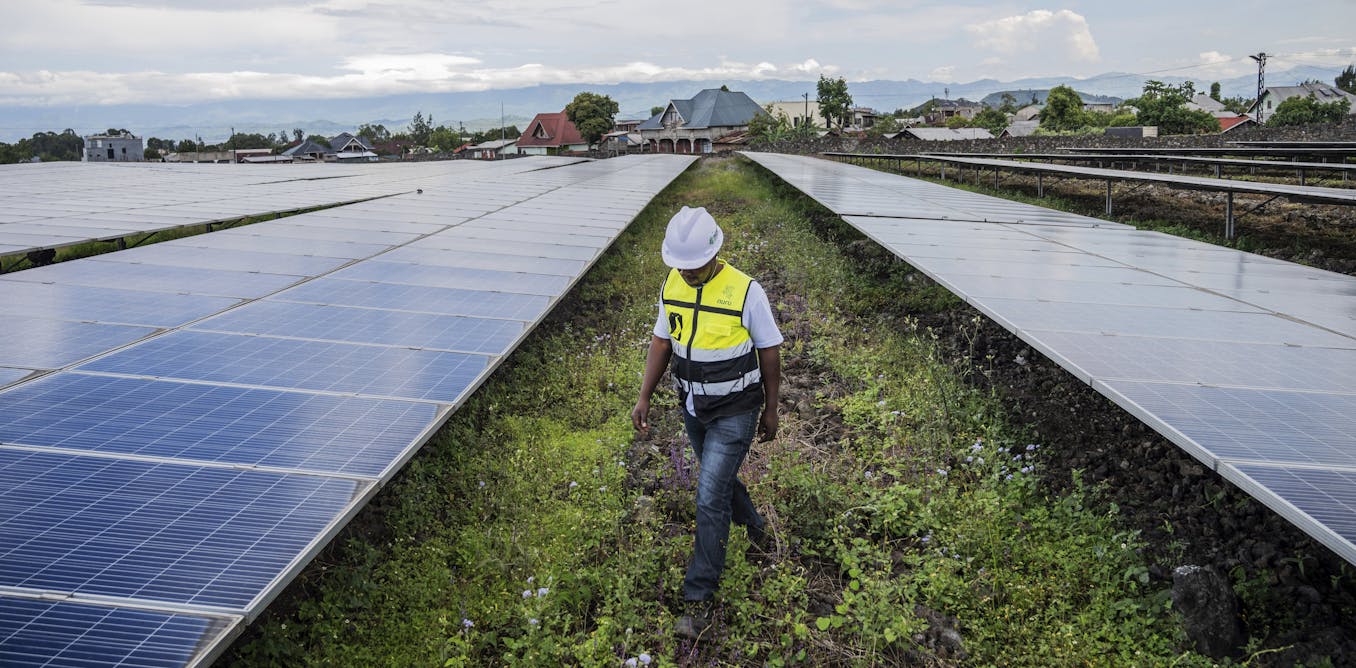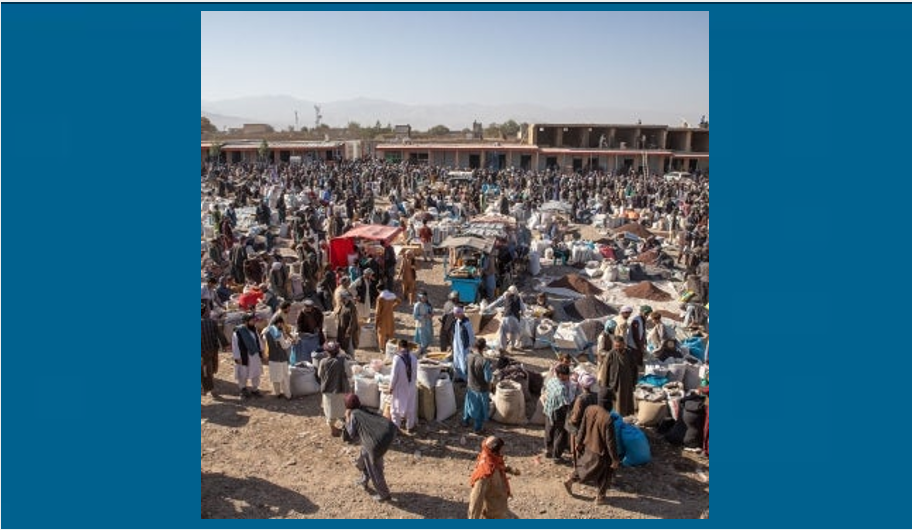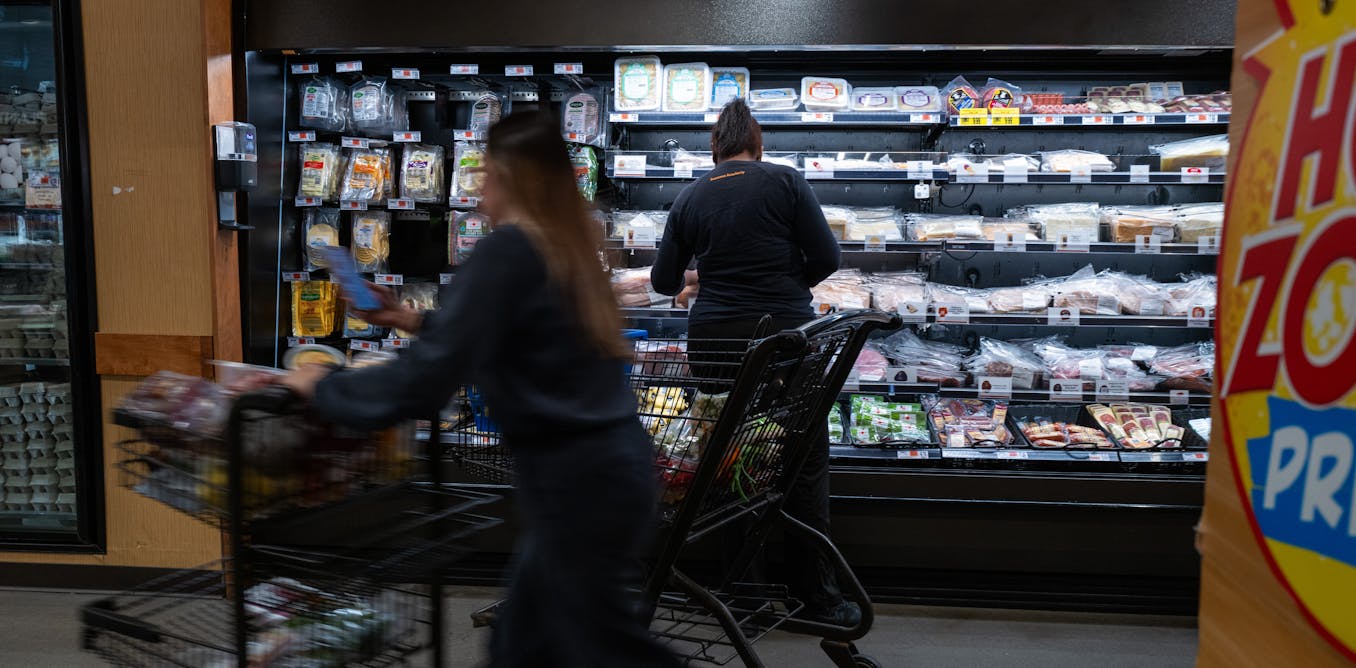Who wins and who loses as the US retires the penny
By now, Americans know the strange math of minting: Each penny costs about 4 cents to make. Chances are you have some in a jar, or scattered among pockets, purses and car ashtrays. As small as it is, the penny punches above its weight culturally. If it ever disappeared, so too might the simple kindness […]
Continue Reading








